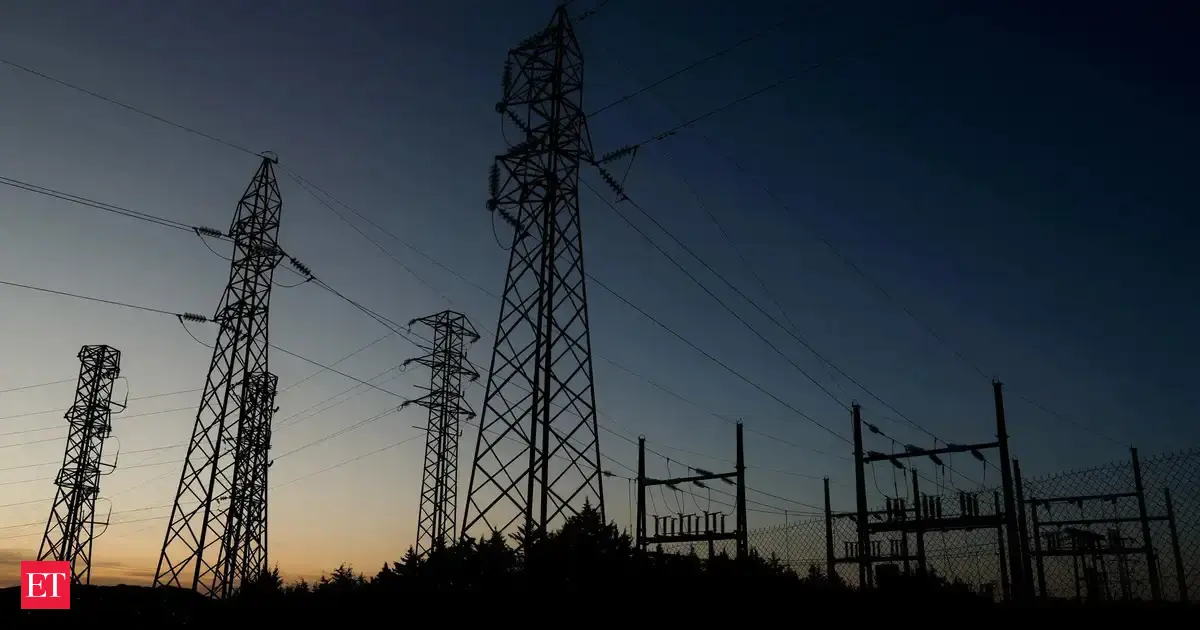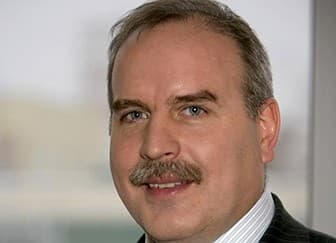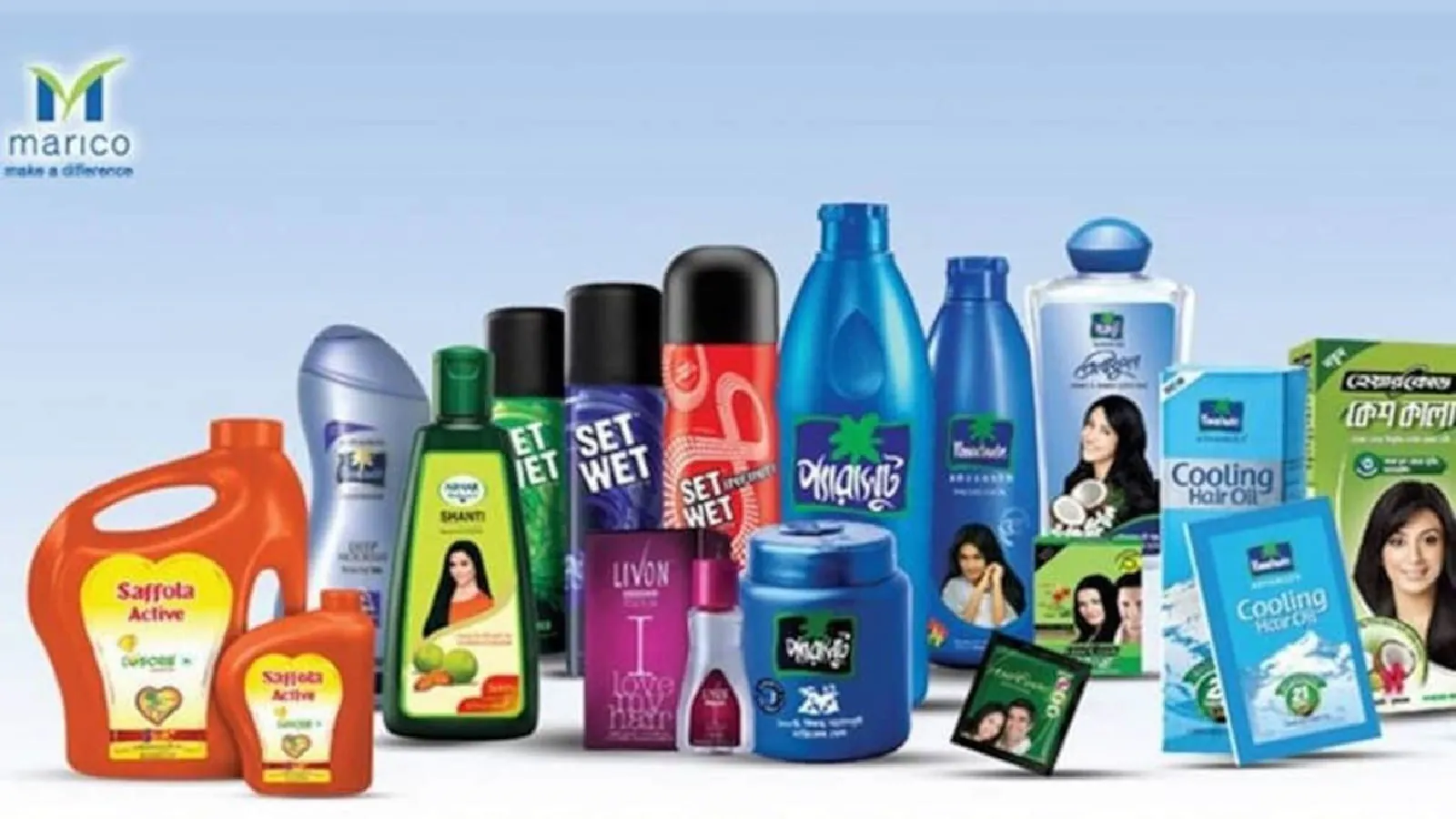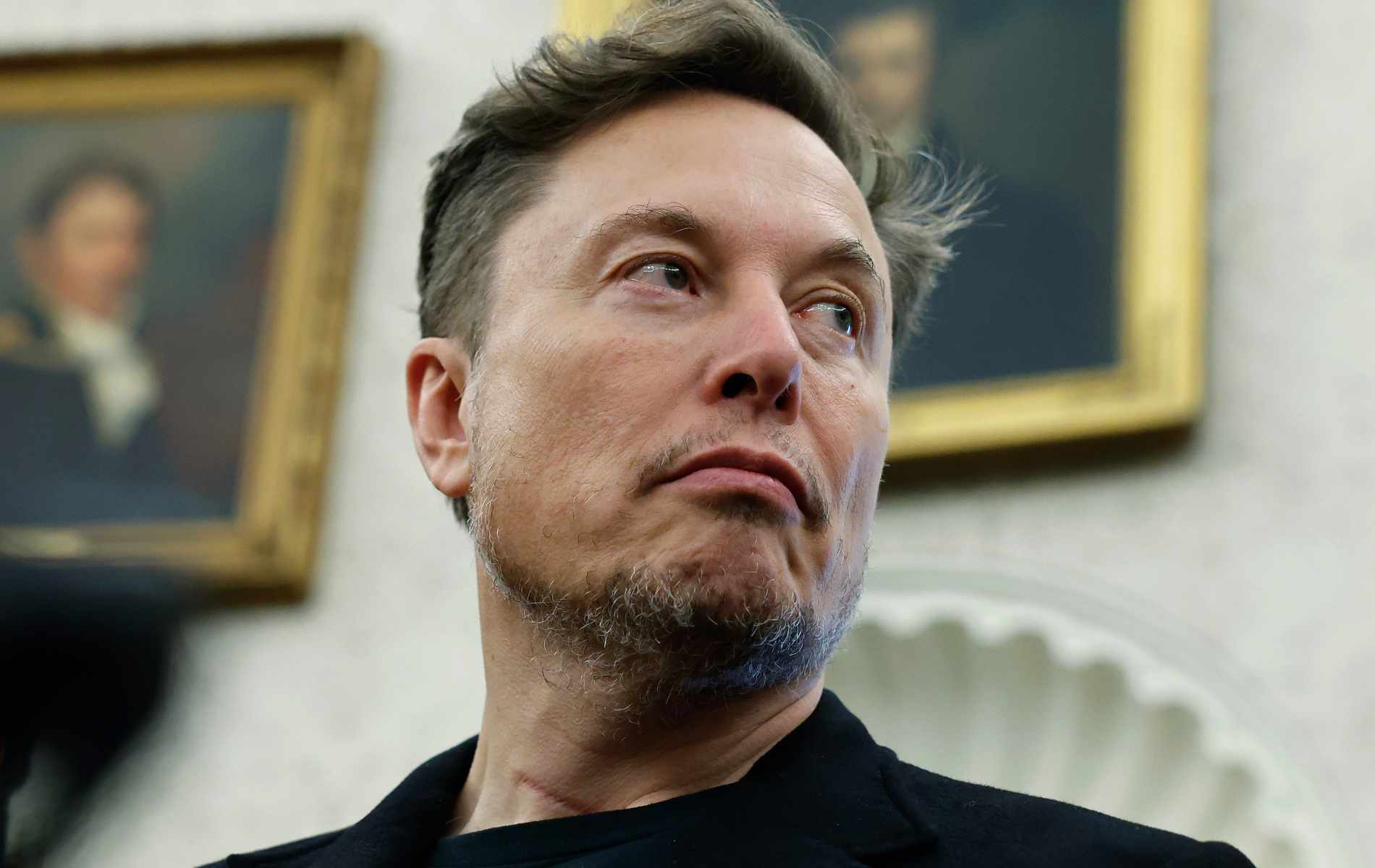By Gdpr Cookie Consent,Godfred Meba
Copyright theinsightnewsonline
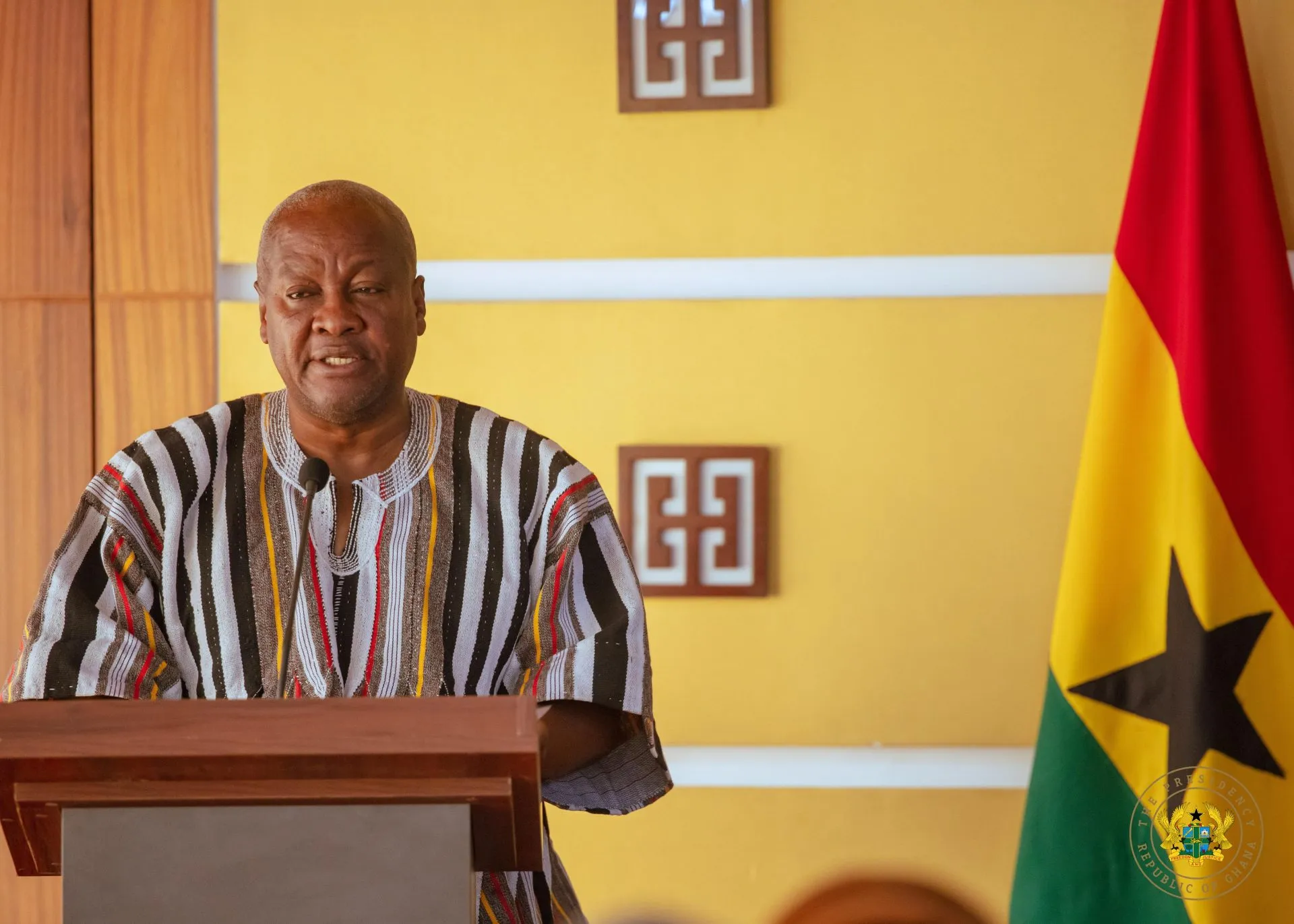
Read Time: 8 minutes
By:Alolga Akata-Pore, concerned senior citizen
Prepared for Leadership
John Dramani Mahama is the most prepared-for-office president Ghana has had since independence. Dare I say, not even Nkrumah came to office with this level of preparation. He is widely read, intellectually versatile, steeped in governance, and capable of running any ministry with unmatched competence if he were not president. Even Rawlings (may his soul rest in peace), once observed, in one of his much loved booming lectures, that John Mahama was so versatile he could serve as head of state in some of the world’s advanced countries. On this, Rawlings was right.
He has been an assemblyman and parliamentarian, a ranking member, a minister, a vice president, and has been sworn in as president three times a unique feat.
This article is not about praise or criticism for its own sake. I have no personal motive to want it to be either. It is about recognising the scale of Ghana’s existential fight against galamsey, and about how even the most capable leader we have had in decades needs the whole nation to rally with him honestly.
History hoisted Mahama onto the shoulders of giants, giving him sight far beyond his youth and adolescence: from his father’s political service, to Nkrumah’s vision, Acheampong’s pragmatism, Atta Mills’ humility and discipline, and the comradeship of activists and cadres in a party long renowned for its grassroots strength and patriotism.
Integrity, humility, discipline, and fairness are his hallmarks.
In contrast to the shambolic governance of the last government, most Ghanaians are proud to have him as their leader. Since the advent of the 4th Republic, no president has kept himself free from suspicion the way John Mahama has, excepting the Asomdwehene, Professor Atta Mills, who may well have imparted his incorruptibility into his mentee. No credible charge of corruption has ever been laid at Mahama’s door. More than that, he is on record as the only president of the 4th Republic to have jailed his own appointees for corruption. He has disciplined his own party supporters when they used offensive language on radio, sacked a minister for merely musing about wanting to be a millionaire, and recognised the unfairness of a system where only a select few share the national cake. He has vowed to reform and spread out the privileges of Article 71 office holders, even at the risk of incurring the wrath of a tiny minority who have come to expect much without justifying their contribution to the building of that cake.
John has also appointed a large proportion of his cabinet as women, and the vice president is a competent and resilient woman, a highly respected former Education minister, a professor and former chancellor of one of Zimbabwe’s renowned universities. Unlike the previous government, he has no direct relative, brother or cousin in his administration. He also comes from a family steeped in business, respected across Africa and known for its humility.
Another advantage John Mahama enjoys is the youthfulness of his team, who hold him in awe and loyalty. They bring energy, discipline, and a well-rounded education to the service of the nation. The unease of one of his youthful yet well-regarded and experienced ministers at a recent book launch was telling. Doing his best to use a smile to mask his shyness, he stepped back and seemed to say, “My president is here” when invited to bid for a signed copy of the book. It was a small moment, but it spoke volumes about the respect and restraint that Mahama inspires among even his most experienced ministers.
So, in my considered view, John has all the accoutrements of leadership and the support base he requires to deliver his mandate. Fact is, if you there were a perfect path to political stardom, John’s is it. Full Stop. So, we as a nation are fortunate to have him at this moment in our history, just as we were fortunate to have Nkrumah as our first president.
A Mandate Without Rival
The 2024 election did more than return him to office. It delivered a political opening no Ghanaian leader has ever enjoyed. Even at his height, Nkrumah still faced the formidable UP and its powerful local and foreign backers. Remarkably, decades after his passing, Nkrumah remains locked in symbolic battle with his old opponents. Yet Mahama’s victory, by contrast, has left the opposition drained of strength, unity, and purpose. Mahama’s victory, by contrast, was a Mike Tyson body punch that sucked the air from the lungs of the opposition. Their strength, brain power, and unity collapsed in one blow. Months after the election they remain drunk on their feet, staggering and unable to regroup. For a president with this unparalleled intellect, integrity, goodwill, and now unrivalled political space, the nation has given him not simply a term but a mandate, unrivalled since 1992.
Galamsey: The Existential Test
And yet, in his recent media encounter, in which illegal mining emerged as the defining issue, Mahama spoke with studied, or perhaps guarded, caution. He rejected calls for an immediate state of emergency, emphasised the difficulty of distinguishing legal miners from illegal operators, and pointed to reforms and equipment controls. That hesitancy should both surprise and alarm us. If a man of his preparation and mandate hesitates, then the challenge is deeper and more complex than rhetoric alone.
No ordinary Ghanaian needs any qualification to understand what galamsey is nor analyse the problem: when water runs brown or yellow it is poisoned; when it runs clear it is life. When damage is done to our lands and water bodies by a miner using a hoe or excavator, it does not matter whether that miner holds a licence or not. Damage is damage. Ghanaians also know that galamsey gold has leached its golden colour into their rivers, staining the very water they depend on for life. The evidence is in the colour. Galamsey gold, therefore, has no plausible deniability!
The government assures us much is being done and given the President’s record and the assured eloquence of his spokesman, Honourable Ofosu Kwakye, we cannot doubt that effort is being made. The problem is that we cannot measure it.
The President has already stated that he never saw the fight against galamsey as an event, but as a project. His recent encounter with the press should therefore be treated as a briefing at a key milestone, the end of feasibility studies. Now what Ghanaians need is the unveiling of the project plan itself. Let it take three months to refine and legislate if necessary, but we must see a roadmap with timelines, milestones, and measurable outcomes. Only then can the nation monitor progress, enforce accountability, and rally behind the fight.
What Ghana needs in that roadmap is a national galamsey project plan:
A clear baseline of every river basin and forest reserve under threat.
Milestones at 30, 90, 180 and 365 days, showing what will be secured, restored, and enforced.
Indicators that ordinary citizens can track: turbidity levels in rivers, hectares restored, excavators seized and registered, prosecutions secured, cooperatives formed, numbers of miners trained, hectares donated or acquired for alternative livelihoods.
Risks identified and mitigations spelled out.
Named institutions with resources and accountability for each milestone.
The potential risks posed by the Gold Board to the galamsey project must also be acknowledged. Although the Board serves useful economic aims, its goals could run counter to those of the galamsey project. In project management parlance, this is not just a risk but an issue, because its influence is already real. The Galamsey Project Board must embrace this issue formally, placing the Gold Board in the Senior Supplier category, but not allowing it to dictate the pace or priorities of the project.
All such interactions should be monitored by a Galamsey Assurance function, operating like an independent auditor within the project. We must analyse the symbiotic relationship between the galamsey project and the Gold Board, and ensure the Board does not overstep its remit. Its mandate should remain limited. It cannot become the principal driver of the galamsey project. Deliverables such as clear water, restored rivers, community health, jobs for the community youth as well as Ghanaian youth elsewhere, clinics, reforestation, trained miners, cooperatives, and land for restoration must take priority.
A project issue register should explicitly include Gold Board misalignment, with a risk owner, tolerances, and mitigation plans. For example, if its mandates delay or dilute progress on water quality, escalation procedures must be triggered. The Gold Board is an interim deliverable, useful but inconvenient, and must be managed as such. The galamsey project deliverable can only be Clear Water. Nothing less will suffice, in my view, and I believe in the eyes of most Ghanaians.
We must also be honest about the loneliness of this fight. Covid was a global emergency; the world fought it together. Galamsey is different: here, we are largely alone. Some foreign actors even prefer Ghana to fail, so they can buy our gold cheaply. You can say the same for some shortsighted Ghanaians who seek quick gains in an uncontrollable galamsey space. The reason galamsey matters is because it is existential. All Ghanaians must be interested. We cannot solve this by closing borders to foreigners, as we did with Covid. Galamsey (licenced or not) is like diabetes, an internal affliction. It forces us to restrain our appetites and avoid overindulgence in the small rewards the earth yields, lest we destroy the body itself.
I do not wish to arouse emotions by delving deeply into the human costs already suffered, but it was only yesterday that eight of our finest young men were lost in undeserving and inglorious circumstances connected to this fight. There are even more harrowing stories. They remind us that galamsey is not an abstract policy debate, nor only an environmental crisis. It is already claiming Ghanaian lives and futures. That is why clarity, urgency, and a measurable plan are not luxuries, they are necessities.
This is why the President must seize the moment. He can look into the camera and tell Ghanaians: the challenge is great. And the nation will believe him. Even the opposition has said, perhaps cynically, that they would support a presidential fight against galamsey. They know their own record and cannot credibly oppose. If Mahama unveils a national Galamsey project plan, he will summon not only his government and party, but the whole nation.
Rawlings’ Lessons and the Question of Legacy
Whilst we may recall the mobilisation of the youth to evacuate cocoa under Rawlings in 1982, we can never romanticise his era as a template to copy. But we must learn from what befell him. In his heyday he seemed to float above the stage and levitate at will upon thin air, untouchable in the eyes of his followers, some even dared to think he could match Nkrumah in charisma. Those around him were cowed into praise and silence. Those few who dared offer alternative views were dispatched, some into mass graves, and those who escaped death were subjected to repeated arrests and torture or prolonged lives in exile. When power faded, many of the very voices that once worshipped him turned vicious, carving his memory with cruelty. Those who once cheered and guided him into infamy now deny him and are visibly troubled when associated with his name.
That should be a personal lesson to John Mahama. His legacy rests in his own hands. It is wiser to take on board contrary views or observations, even when they come from friends and colleagues in forms that may be uncomfortable or unwelcome. Such honest critics will preserve his credibility in power and protect his legacy when he is gone, in a way the yes men never will.
We could excuse Rawlings for some of his failures, given his endowments, capacities, and the circumstances he faced. But John has no such excuses. His endowments and capabilities are palpably different. He must succeed, and To Succeed, He Must! Legacy is not about unveiling monuments in one’s honour, as we saw in the last administration, but about whether future generations can drink from our rivers and live on our land. Legacy matters. It is service to the motherland. It is not vanity. It matters greatly. If it did not, John would not have needed to put himself, his family, friends, his party, and even well-wishers he may never know through eight years of slow but excruciating pain to regain the presidency. John is our last attempt at clearing the barrier set by galamsey. If he fails, Ghana is out of the competition and we must all pack our bags and go home. John must therefore clear that hurdle. Every well meaning Ghanaian is behind him. This time, I do not believe we are in a partisan fight. We are all staring into the abyss together.
